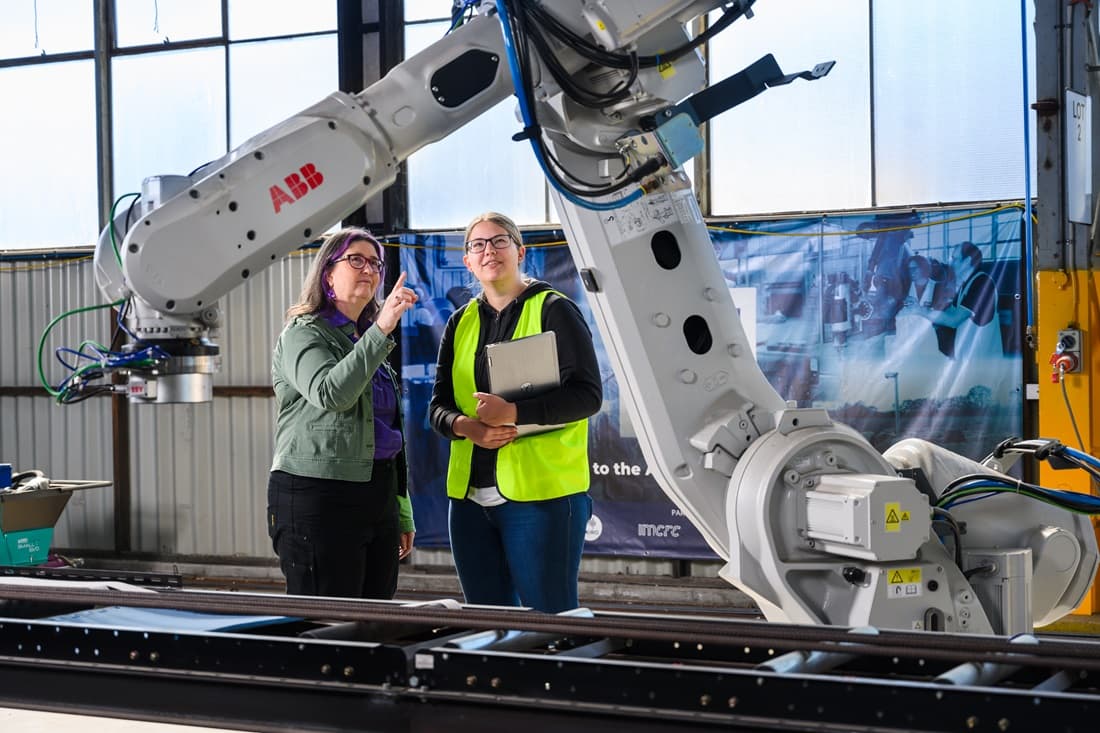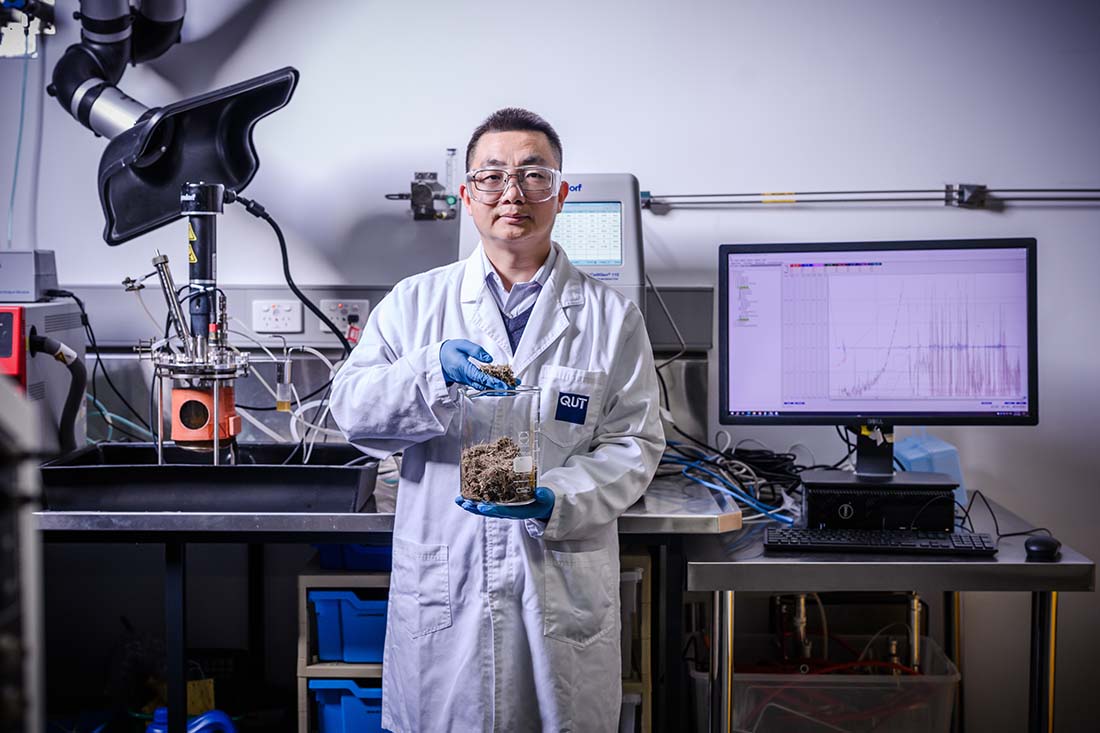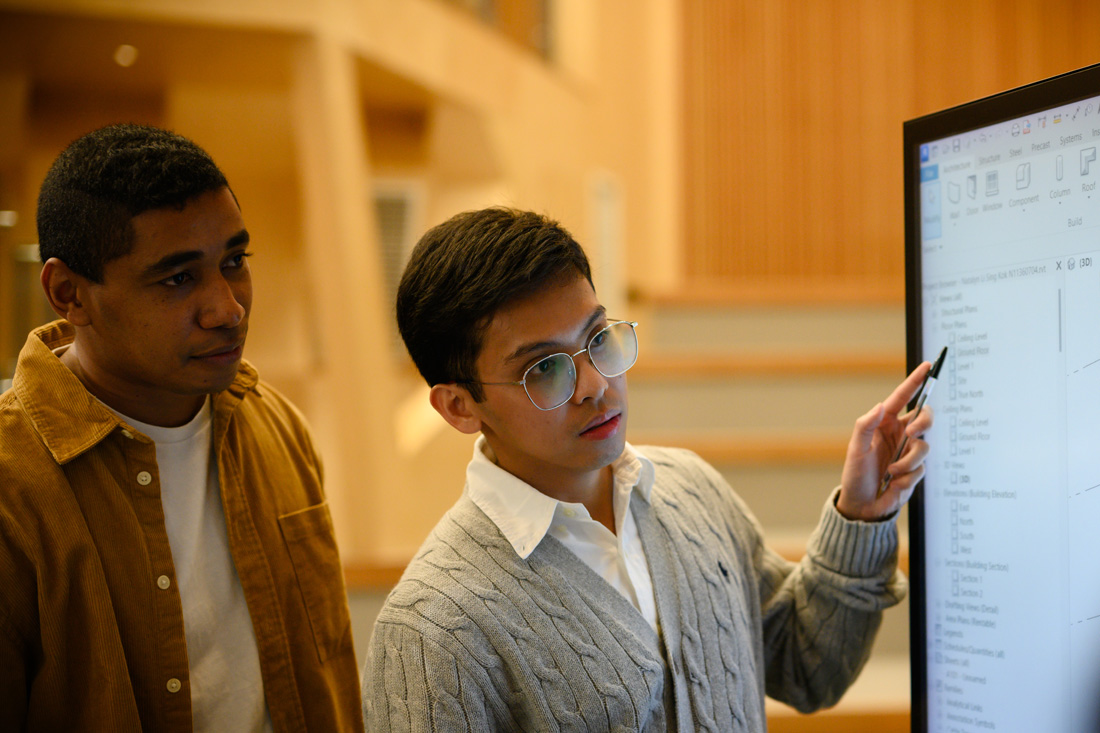Tackle the world's biggest challenges
‘Australia's in desperate need of engineers who have the capability to move ahead in a world that’s dealing with huge challenges like climate change, overpopulation and resource depletion. Study a Master of Engineering Technology to put yourself ahead of the game.’
Associate Dean, Learning and Teaching, Faculty of Engineering
Digital and robotic manufacturing
‘Manufacturers are putting significant time and money behind their digital transformations. Industries are in urgent need of engineers who can fully leverage new tools and technology at any scale, with minimal environmental impact. Now is the time to lead the exciting manufacturing advances underway in data and analytics, AI, machine learning and more.’
Lead sustainable change in industry
'Bioprocess technologies are emerging as critical in providing solutions to reducing carbon emissions, improving access to nutritious food and enhancing the circular economy. By harnessing the power of bioprocess engineering, we pave the way towards a sustainable future where manufacturing meets the demands of the present without compromising the needs of the future.'



